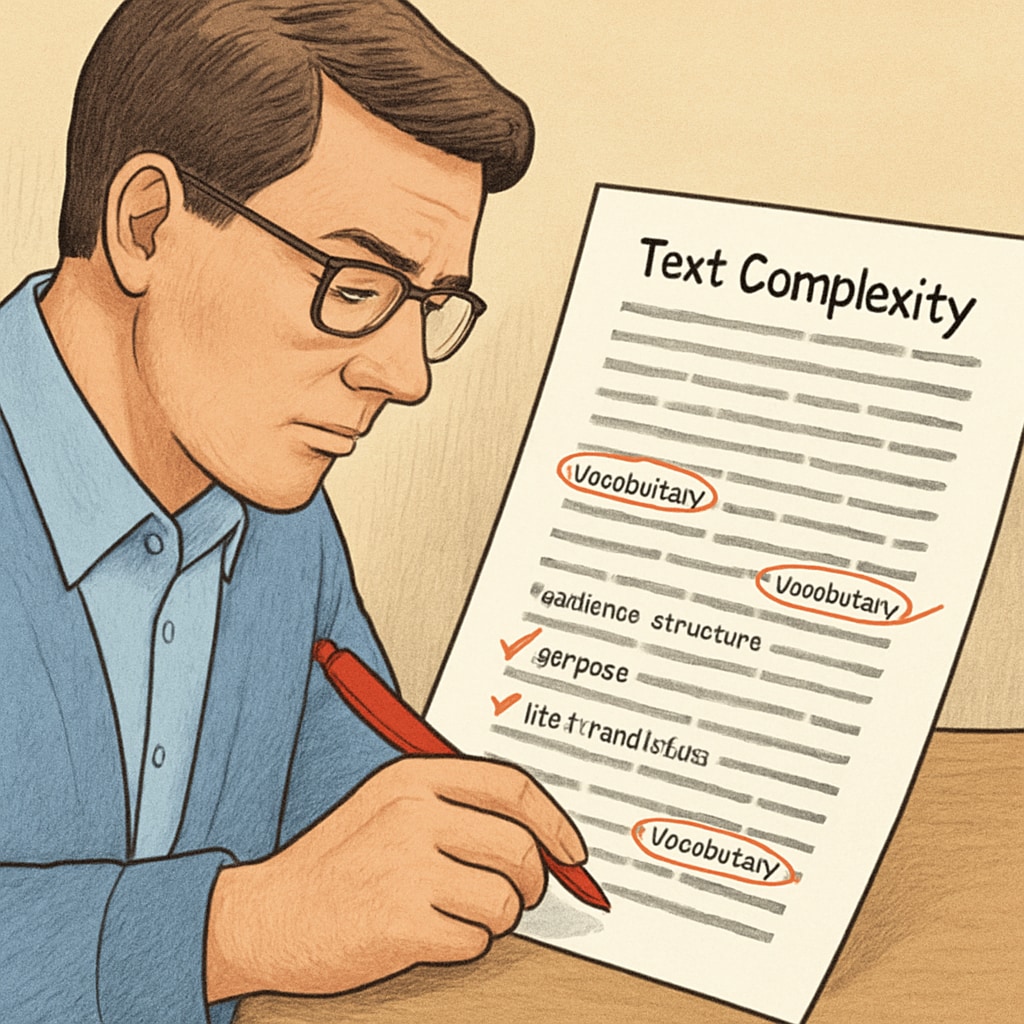Understanding reading comprehension, teacher volunteers, and text complexity is crucial for developing effective literacy programs. A new research initiative invites K12 educators to contribute their classroom experience in evaluating reading material difficulty levels. This collaboration aims to create more accurate text grading systems that match students’ reading abilities with appropriate content.
The Importance of Text Complexity Evaluation
Text complexity refers to the quantitative and qualitative features that make reading materials easier or harder to understand. According to International Literacy Association, properly leveled texts significantly impact students’ reading progress. Current grading systems often rely on:
- Automated readability formulas
- Lexile measures
- Publisher-provided difficulty ratings
However, these methods sometimes fail to account for real classroom experiences. That’s where teacher insights become invaluable.

How Teacher Expertise Enhances Text Assessment
Educators bring unique perspectives to text complexity evaluation. They observe daily how students interact with various reading materials. The National Council of Teachers of English emphasizes that teacher judgment should complement technical measurements. Key contributions include:
- Identifying vocabulary challenges specific to student demographics
- Recognizing cultural relevance factors
- Assessing conceptual difficulty beyond word counts
Therefore, this research project specifically seeks teacher volunteers to help refine existing assessment frameworks.
Research Methodology and Participation
The study employs a mixed-methods approach combining teacher evaluations with computational analysis. Participants will:
- Review selected reading passages
- Rate text difficulty using standardized rubrics
- Provide qualitative feedback about student interactions
All materials and training will be provided online for convenience. The research team will analyze collected data to identify patterns and improve text grading algorithms.

Benefits for Participating Educators
Teachers who join this initiative gain several professional advantages:
- Access to research-based text evaluation tools
- Opportunities for professional development credits
- Recognition as contributors to literacy research
- Improved ability to select appropriate classroom materials
Furthermore, participants help shape future reading curricula that better serve diverse learners.
Readability guidance: The study particularly values input from educators working with English language learners and special needs students. Their experiences help create more inclusive text complexity measures. To join or learn more, visit our research portal or contact the project coordinator.


